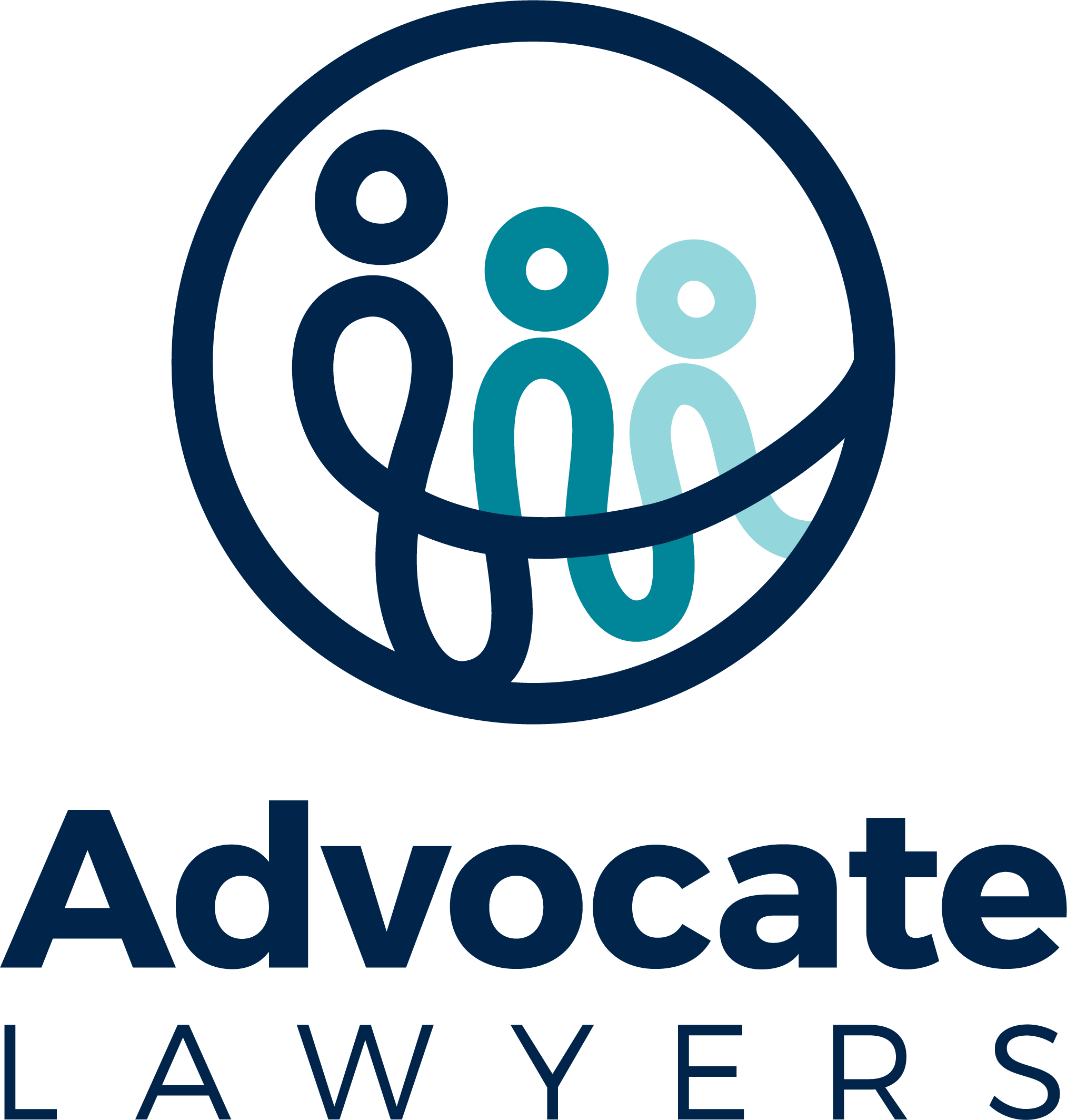Common Questions about Estate Planning
- February 1, 2023
- Posted by: admin
- Category: Wills and Estates

Common Questions about Estate Planning
Regardless of how simple or complicated your financial or family situation is, there are some essential considerations for every person planning a Will. We run you through the most common estate planning questions that we get when people are preparing their Will.
What information do you need?
The two basic considerations when planning a Will are:
- Who are your executor/s who will organise your estate once you are gone; and
- Who are your beneficiaries, the people who inherit your estate.
There are many other considerations that may or may not be applicable to your particular circumstances but these are the two major considerations for every single person who wants a will drafted.
What is an estate?
An “estate” refers to all of the particular money and property owned by a person at the time of their death. When we talk about collecting “your estate”, we mean identifying and transferring all of your assets. An Estate Lawyer is someone who assists with either planning your Will or helps your executors manage your affairs after you have passed. If you are looking for an estate lawyer in Hobart then contact us for an initial consultation with a lawyer about your circumstances.
You may have heard of “Estate Planning”. This is the process of arranging your assets so that they can be distributed in accordance with your wishes as the ownership of certain property may affect whether it can form a gift under your Will.
What is an executor?
An “executor” is the person who will organise your financial affairs after you pass away and distribute your assets in accordance with your Will. An executor does not need to be someone that will receive a gift under your Will but it is important that your executor is someone you trust implicitly.
How many executors should I have in my Will?
You can appoint one or more executors as well as backup executors. We recommend at least 2 executors so that you have a backup if your first choice is unable to act. This avoids a situation where there is a dispute around who will act as your executor or a situation where the public trustee or another body is appointed who can then charge your estate for acting as executor.
Do I need to give my executor a copy of my Will?
While you don’t have to give your executor a copy of your Will, you do need to tell them where the original Will is being kept. It is also useful if your executor knows where to find your financial records as they will need to be able to identify all of your assets and liabilities, contact your beneficiaries, apply for probate (if necessary) and distribute your assets in accordance with your Will.
What are beneficiaries?
“Beneficiaries” are the people who you want to leave your assets to. In basic terms, they are the people or organisations (in the case of charities) who will inherit your money/property.
Who can I choose as a beneficiary?
Who you choose as a beneficiary is completely up to you. You don’t have to leave your estate to family (or only to family) and there are no rules around who can inherit. One consideration is whether anyone you are leaving out would be able to make a claim on your estate. See our article on the process for contesting a will for more information on what you should think about if you are leaving a family member or financial dependent out of your Will.
Can I leave property I own jointly to one of my beneficiaries under my Will?
It is important that you discuss ownership of the asset with a lawyer to ensure that your property can move to your chosen beneficiaries in the way that you want.
For example, many couples wish to leave children gifts if they pass away, however, if your main asset is a property owned jointly with another person, that property may pass straight to the other owner upon your death and will not be available to give to your children.
I’m in a relationship, do I have to tell my partner about my Will?
It’s recommended that couples at least talk about what they intend to do under their will even if they don’t draft them together. As noted above, whether you can gift property that is jointly owned will depend on the ownership structure depending on whether you own the property as joint tenants or tenants in common.
It is likely your choices in your Will are going to impact your partner in one way or another and it is possible that your partner would be able to challenge your Will if you did not leave them a reasonable part of your estate. See our article on the process for contesting a will for more information.
If you are concerned about the structure of your Will and whether it might be challenged by your partner or financial dependants please Contact Us to book an initial consultation with a lawyer about your circumstances.
What is a Power of Attorney and an Enduring Guardianship?
When we draft your Will, we also spend time discussing other documents that would assist your loved ones to care for you if you lost the ability to make financial or health decisions while you are still alive. This is particularly important if no one else has access to your finances or you don’t have a next of kin that is a family member.
A Power of Attorney document allows you to nominate a representative to handle your financial affairs if you lose capacity to do so. This document allows your attorney to run your business or access your bank account to pay your bills while you are incapacitated. While you have to pay to register this document in order for it to be relied upon, it is a relatively affordable way to ensure that someone can legally run your affairs if the unexpected happens. Without this document, a family member may have to apply to the Tasmanian Civil and Administrative Tribunal (TASCAT) to get appointed as your attorney which is a more complicated process and may be more costly if they require the assistance of a lawyer to make the application.
An Enduring Guardianship document allows you to nominate a representative to make health and lifestyle decisions on your behalf. This document also has to be registered in order to be relied upon but again, it is a relatively affordable way to ensure that someone can make health decisions for you if you are unable to make them. For more information, see our article on Enduring Power of Attorneys or Enduring Guardianships.
When should I start planning my will?
Everyone who has assets should have a Will. You can start planning your Will at anytime but it is sometimes useful to contact us before you start as it can be a bit overwhelming to think about without guidance.
A lot of clients are anxious about getting their Will drafted because they think it will be really difficult. We will take you through the process so that you make one decision at a time. Most of our clients are surprised at just how easy we made the process!
What information do I need to have prepared in order to visit you to draft a will?
While you don’t have to do any preparation at all to start the process, there are some key considerations that make the process easier if you have already thought about them.
See our Guide on everything you need to plan your will for a breakdown of the key information we will need to get started on your Will.
Should you have any questions about anything in this article please Contact Us for an initial consultation about your situation with one of our lawyers.



